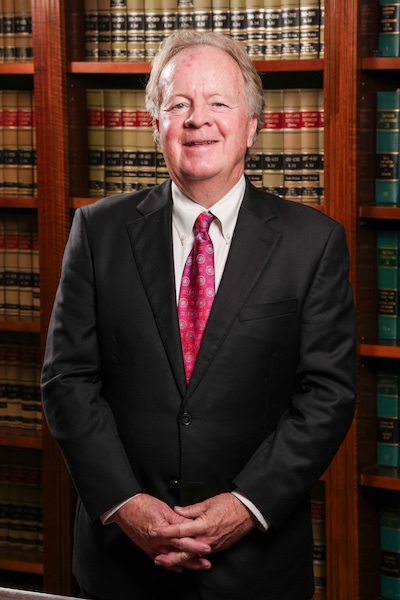Car and truck accidents are the bread and butter of our practice at Clark and Steinhorn, LLC. We have been at it for more than 30 years each but the advent of ride-sharing services has altered the landscape in some interesting and unexpected ways.
One positive is that it appears fewer drunk drivers are out on the roads causing catastrophic crashes. Instead the intoxicated people call Uber or Lyft and voila, a safe ride home.
However, most crashes are the result of negligent driving not drunken or drugged driving and the existence of ride-sharing services doesn't reduce the number of vehicles on the roadways and thus the number of collisions.
What is new to this equation is the issue of who pays for Uber or Lyft driver's negligent driving resulting in crashes? The answer, it depends. You see because ride-sharing drivers use their personal vehicles they must have insurance like everyone else for accidents they cause when not working.
So lets contemplate a hypothetical. Jim drives for Uber and has his personal insurance with Geico. His Geico policy excludes coverage for accidents that happen while he is driving for Uber. Uber is a highly sophisticated and successful company that recognizes that it must provide alternative insurance for its drivers while they are working and thus they provide an insurance policy for their drivers while they are working. If they do not do so then Uber will be sued routinely for the negligence of their drivers.
However, probably in an effort to save money, Uber has an unusual insurance coverage scheme. Jim's vehicle is covered up to $50,000.00 for crashes he causes while he is working but when there is no Uber passenger in the car. For crashes he causes with an Uber passenger in the car there is coverage up to $1,000,000.00.
Which sets up a anomalous situation. If Jim is driving for Uber and negligently strikes and severely injures someone, the amount of recovery for that person will not be a function of the extent and expense of their injuries but rather whether or not Jim has an Uber passenger in his car at the time.
This is a ridiculous situation. The damage Jim does is no less great because he is driving to pick up up an Uber user rather than taking an Uber user to a destination. It is an artificial scheme to reassure prospective Uber passengers, not to protect the public.
What can be done about this? Stay tuned for Part Two of this discussion.

